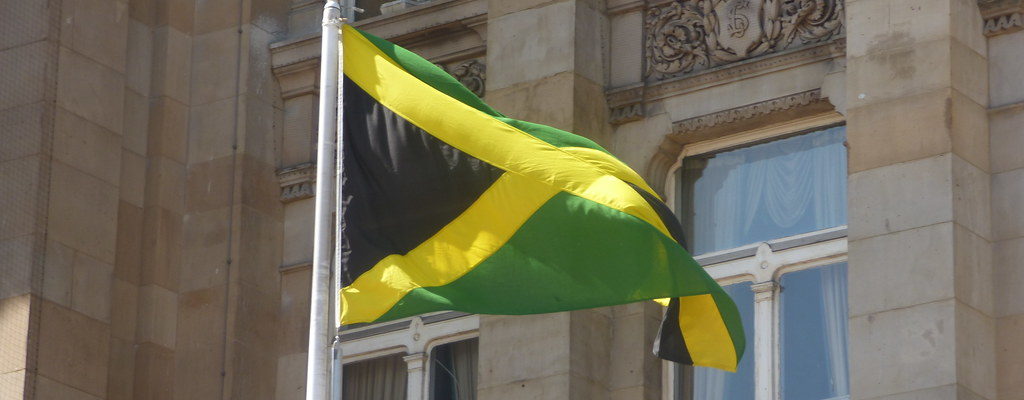
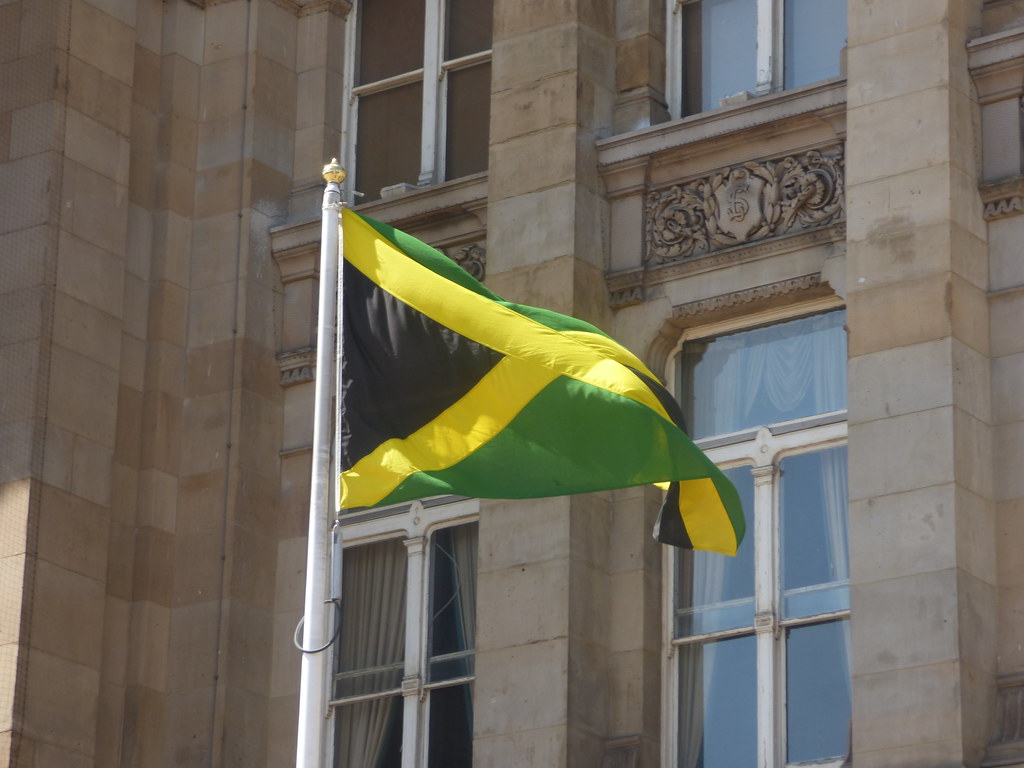
On the international scene, Jamaica often punches well outside of its country weight class.
Despite its small geographical size, the sun-kissed island has a great cultural impact across the globe. In many ways, this statement is a factual one.
The Jamaican identity and culture have successfully permeated into the mainstream of global society, something that can be seen in cuisine, music and language, among others. None of this would have been possible without the contribution of Jamaican citizens and nationals, who had left their mark on the world in unique and interesting ways.
From Louise Bennett-Coverley to Bob Marley and Usain Bolt, Jamaicans living on our cherished island have done their part to promote our nation.

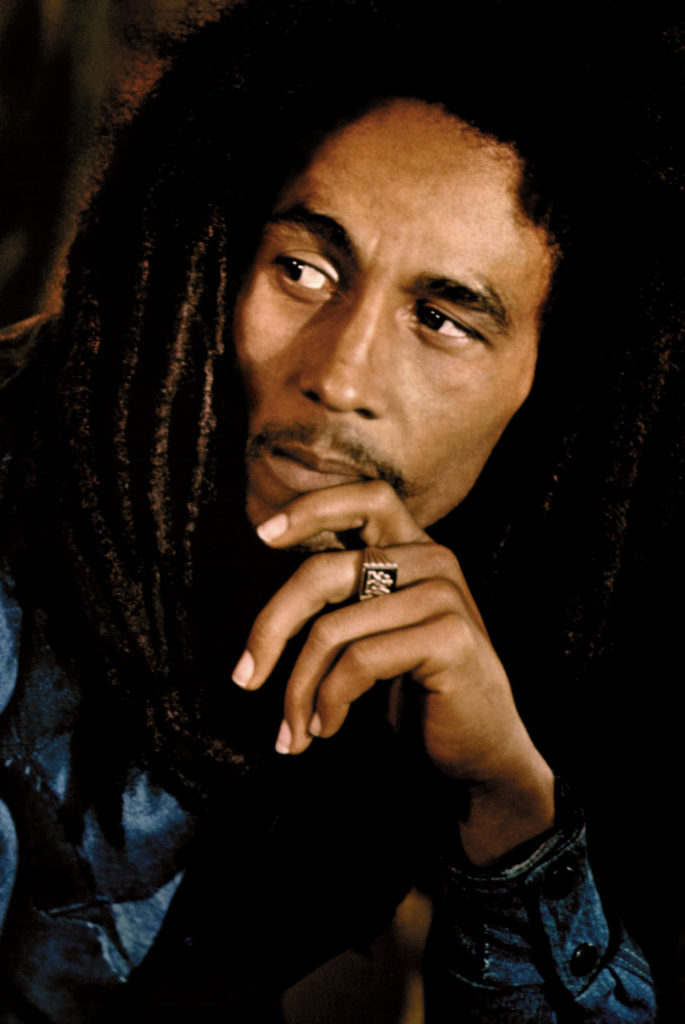

However, it is an undeniable fact that it has not just been ‘domestic’ Jamaicans, but our brothers and sisters in foreign lands that have helped put the country on the map.
The population of Jamaica itself is around 3 million individuals, spread across our 14 parishes. This number is followed closely behind in the Jamaican diaspora, which itself has well over 2.5 million individuals of Jamaican origin or descent. The greatest concentration of these individuals is in the United States, where over 1,000,000 reside, followed closely by sizeable diasporas in the United Kingdom and Canada.
Though it may be the famous Jamaican athletes and musicians that get the most press and attention, it is the heavy lifting of the average Jamaican diasporan who perhaps has the biggest impact. These individuals form a powerful foreign lobby and interest group that helps represent the needs of their home country.
In recent times, this has begun to raise a hot debate among many Jamaicans, both home and abroad. Though the importance and value of the Jamaican diaspora are well known, the exact roles and responsibilities of the body remain a delicate and tense question. This is chiefly in regard to the abilities of members in the foreign community to participate in local affairs, such as the Jamaican justice and political systems.
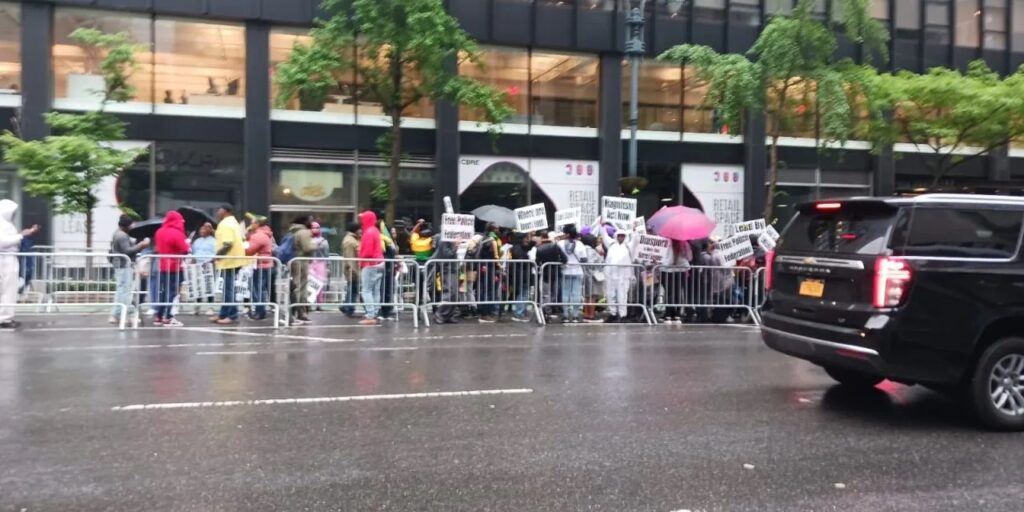
Can Jamaicans who reside overseas, and potentially possess foreign citizenship serve the nation in official, local offices? If so, in what capacity, and where is the line to be drawn? Do we deny our own people the right to take a more active part in running our nation because they do not live in it? Or do we allow them to run free with all the abilities of a native resident, even though they don’t even reside here themselves?
On the surface, this is a very divisive and complex one, and in many ways it is.
However, the answer is simple.
As a parliamentary democracy, individual constituencies, and by extension the country itself, select who they wish to be their representative. These representatives are elected based on their appeal and merit.

When phrased in this manner, it does not seem unreasonable for Jamaicans in foreign countries to seek office in the nation. However, there is a key aspect of the electoral process that must not be forgotten, relatability. Many see relatability and appeal as two sides of the same coin, but there are notable differences, though they may not be noticed at the surface level.
Appeal is the sway and influence a person can exert on another. By contrast, relatability refers to the ability of one to properly understand, make sense of, and perhaps even act on the needs, wants,
and issues of others.
It is in this area that foreign individuals are perhaps the most lacking.
Sure, some people are just by nature far more empathetic and discerning than others, and no doubt some in the diaspora are in this group. However, the fact remains that by living in another country, and therefore spending the vast majority of one’s time abroad, they are sorely lacking to represent the Jamaican people at home in politics.
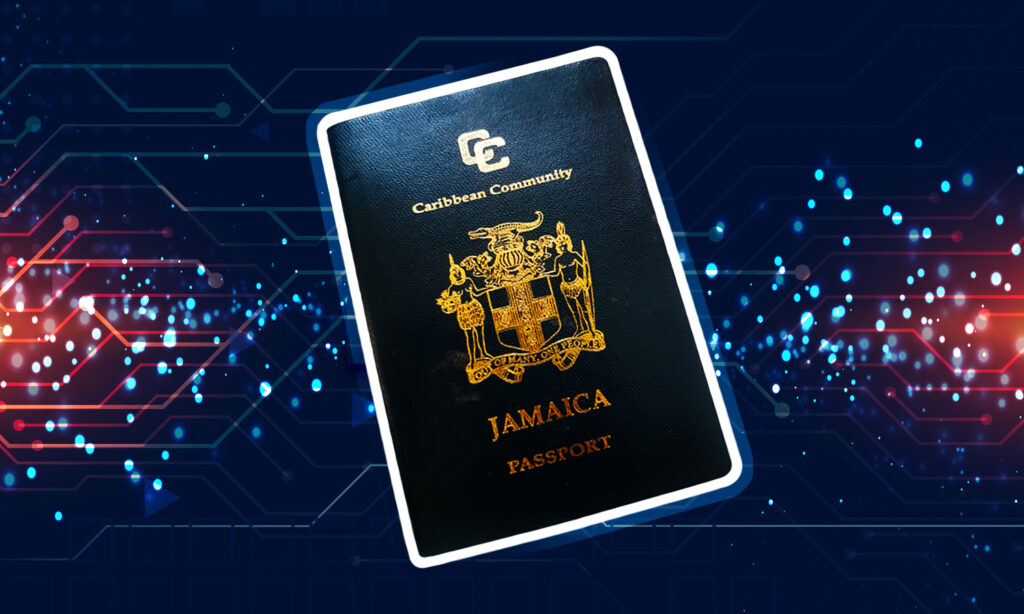
On the same side of this coin, it is unfathomable for Jamaican diasporans to desire political office when living abroad insulated them from the potential consequences laws could pose to the local population.
The circumstances for the Jamaican living in Toronto and the Jamaican of a St Thomas constituency are too different to be properly reconciled. In this scenario, the hypothetical Jamaican in Toronto simply cannot be expected to be able to properly fathom the challenges faced by the St Thomas constituent, as they will struggle to relate to their problems.
If one cannot truly understand the problems, then how can they be expected to find the solution?
Already this is an issue with several in Jamaican politics, where those who live outside the constituency in offer more ‘upscale’ areas are many times seen as insensitive to the plight of their constituents.
Classism at its finest. How then can one who lives thousands of kilometres away be expected to cope?
The issue of ‘coping’ also brings to light the simple practical challenges that members of the diaspora would face to do their duties as local politicians or legal officials. One cannot become a public official without some level of personal sacrifice, but a member of the diaspora would face extreme challenges simply to participate in the field. If a member of the diaspora were elected to the Jamaican Parliament, they would be expected to all year-round travel to the capital to participate in the running of the country.
Another layer of financial burden the taxpaying public would have to shoulder.
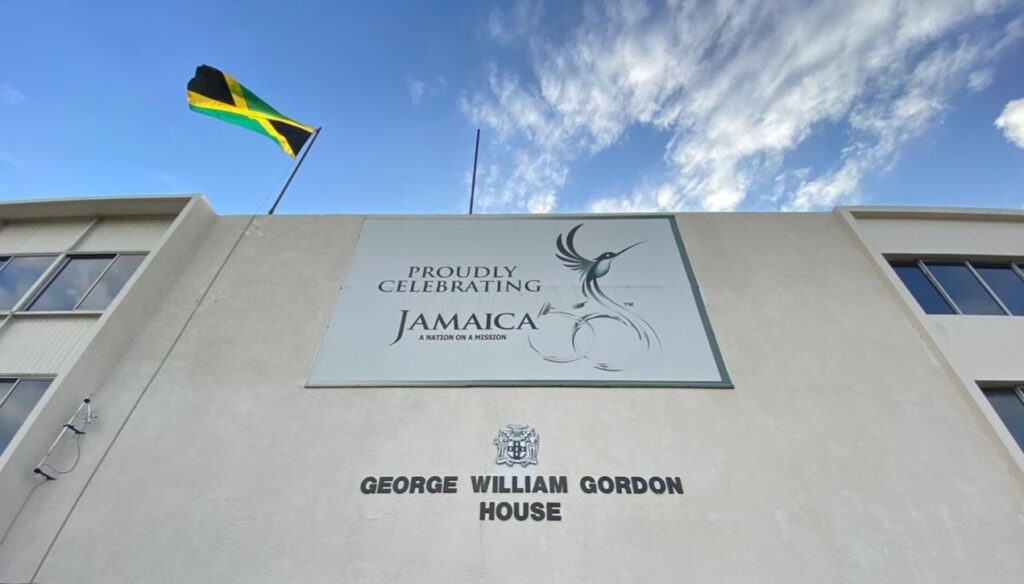
They would then need to find accommodation, as well as transport for their time spent on the island. Not only would such constant travel be expensive, but it would also be incredibly physically and mentally taxing. The constant movement and sense of urgency would no doubt cause stress. Such strain would also come to the detriment of one’s personal commitments back home, as they had to juggle their responsibilities to the nation and to their friends, family and associates in their place of residence.
That brings up the final point; the issue of juggling the commitments to Jamaica and those abroad. This is already an issue of intense debate in Jamaican society, where politicians find themselves under intense pressure for having multiple citizenships, and the supposed compromising position this puts them in regarding their loyalties. If this is a significant area of contention for Jamaican locals, imagine the problems that would be involved considering those who actually live in foreign areas, and
have far more ties to them.
Can these people be expected to have the trust of the Jamaican people and their best interests at heart, when they spend so much time abroad and have other things, ranging from business to family, directly tying them to these foreign states?
Such connections could then serve as leverage for outside actors to directly influence these people to suit their needs, and by extension, influence Jamaica. As a nation, we have especially in recent times, made a far more concentrated effort to reduce our dependence on foreign actors and gain more freedom over our own destiny.
This step may be counterintuitive to that whole agenda.
I am of the opinion that members of the Jamaican diaspora being allowed to hold public office in Jamaica would be a mistake.
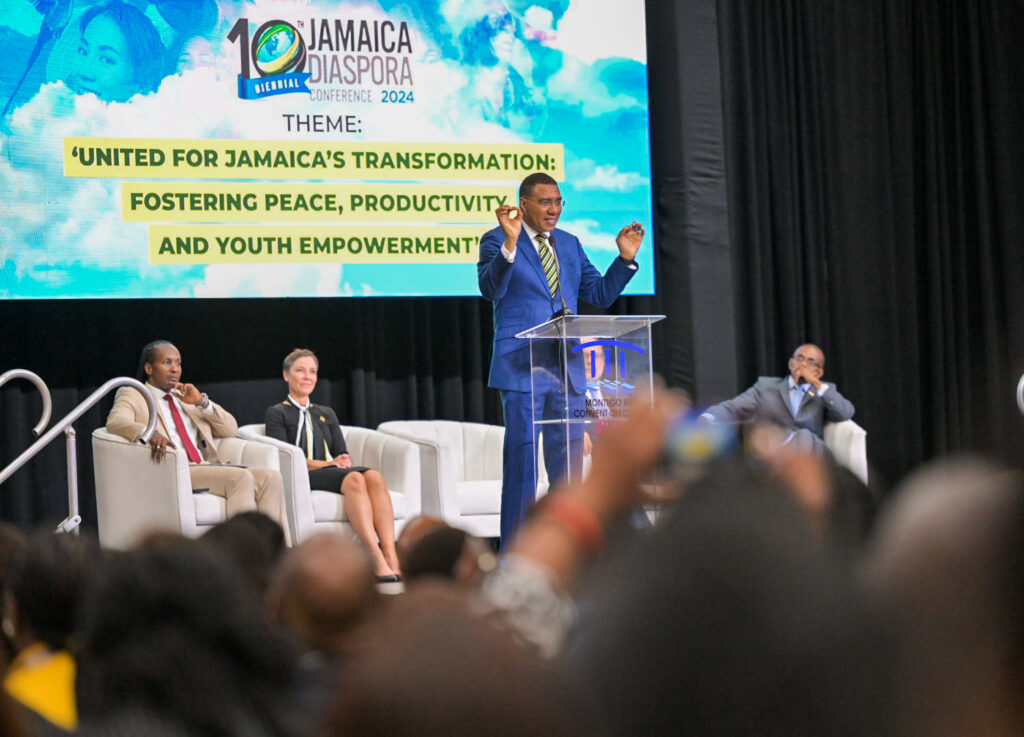
I do not deny that these individuals are Jamaican, nor do I attempt to dispute the vital work they do for the country. They should be allowed to have some say in how the country is run and how it functions, and in the current system, they do.
They can return to vote in elections, for example. However, their participating directly by becoming members of parliament, ministers, judges, and other such roles, is just not ideal, due to their inability to relate to the Jamaican people, the stress and strain that such a responsibility would have on their overall effectiveness, and finally, the position it puts them in, having divided loyalties.
If members of the diaspora wish to have an office, let them return to Jamaica for good, and be a proper part of local discourse and society, rather than as individuals tied elsewhere who only pop up to
pave their way forward in the social and political ladder.

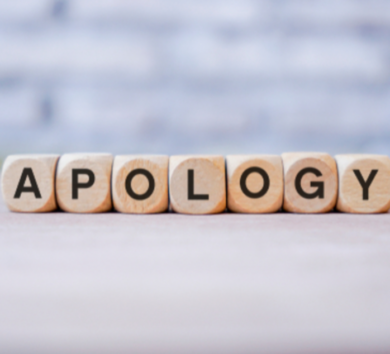


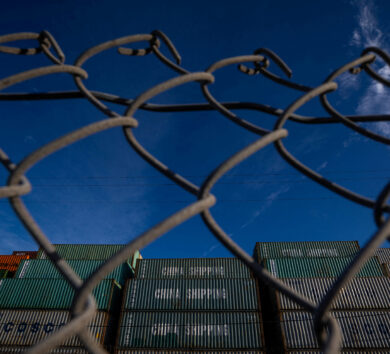
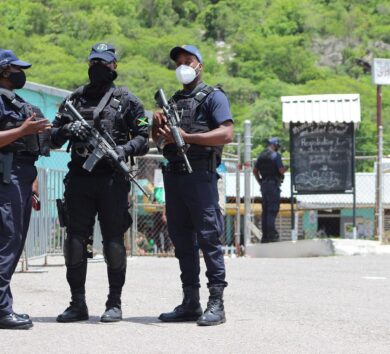

Comments